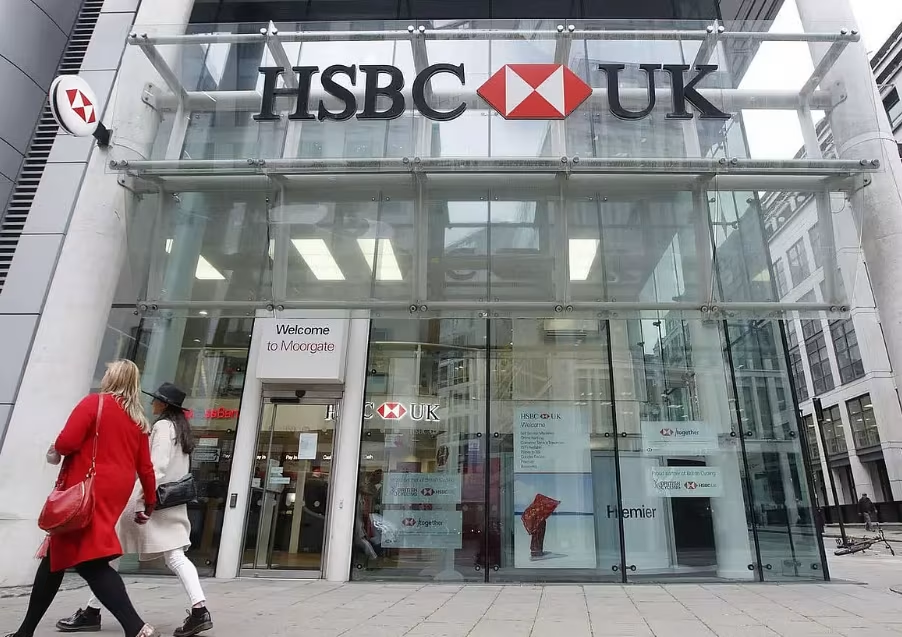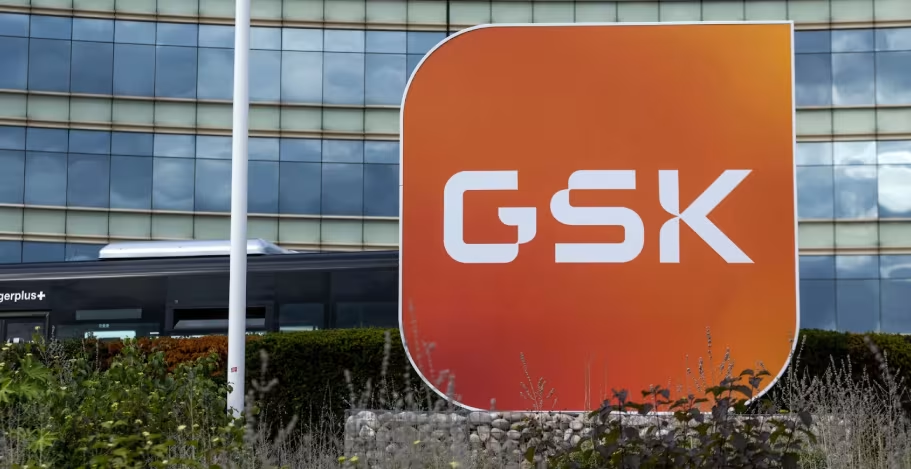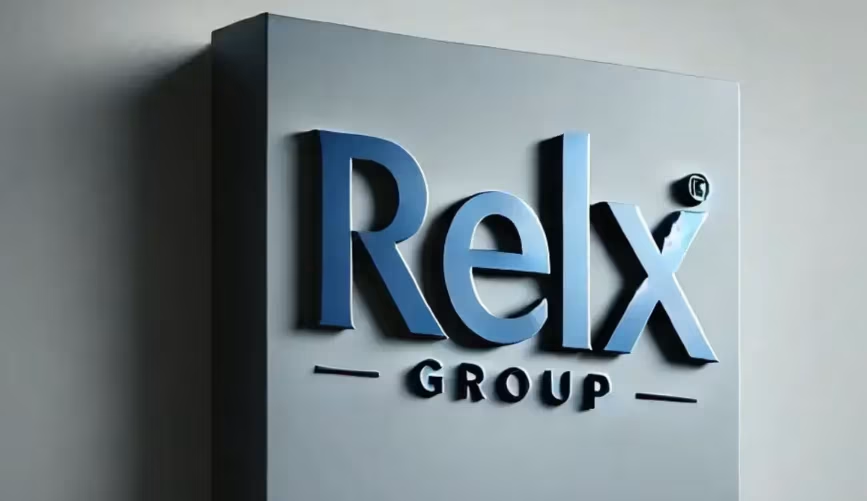The United Kingdom continues to be a global economic powerhouse, with its companies playing a pivotal role in shaping both domestic and international markets. These firms, ranging from long-established institutions to emerging innovators, are at the forefront of various industries, driving advancements in technology, finance, healthcare, and more. With a mix of heritage and innovation, UK companies have adapted to the ever-changing business landscape, consistently contributing to the nation’s economic growth and global influence.
In this article, we explore the top UK companies in 2025, delving into their market positioning, sector leadership, and influence across various industries. From household names to rising stars, these businesses are not only pillars of the British economy but also key players on the world stage. Join us as we examine the factors that make these firms stand out, and the strategies they employ to maintain their dominance and competitiveness.
UK Corporate Landscape: 2025 Economic Snapshot
The UK corporate landscape in 2025 remains vibrant and diverse, with a broad range of industries contributing to the nation’s economic strength. The London Stock Exchange (LSE) continues to be a major global financial hub, hosting over 350 listed companies across various sectors. Among these, the financial sector stands out, representing a significant portion—38% of the total market value. This highlights the importance of financial institutions, such as banks, insurance companies, and investment firms, in driving the UK economy.
Following closely behind in market value contributions are the energy and pharmaceuticals sectors, with energy accounting for 22% and pharmaceuticals contributing 18%. The energy sector has become increasingly important, especially as the UK focuses on renewable energy projects, aligning with global sustainability goals. Meanwhile, the pharmaceutical sector continues to thrive due to the country’s strength in healthcare research and the increasing demand for healthcare services, particularly in the post-pandemic era.
A key indicator of the UK’s economic health is foreign direct investment (FDI), which reached £56 billion in 2024. Of this, 45% was directed towards renewable energy projects, underscoring the growing interest and investment in green energy solutions. This reflects the UK’s commitment to transitioning towards a low-carbon economy, driven by both government initiatives and private sector investments.
Despite facing some challenges, such as a 9.2% contraction in commercial vehicle sales, the UK’s GDP still managed to grow by 1.7% in 2024. This growth was largely supported by strong performances in the healthcare and consumer goods sectors, which continued to see robust demand even amid global uncertainties. The UK’s diverse economy, with its strong foundations in finance, energy, and healthcare, proves its resilience and adaptability in the face of changing market conditions.
Top 10 UK Companies by Market Capitalization
The UK is home to some of the world's most influential and financially robust companies, with many leading the charge in sectors ranging from finance to technology. These companies represent the backbone of the British economy, contributing significantly to employment, innovation, and global market influence. Market capitalization, which is the total value of a company’s outstanding shares, serves as a key indicator of a firm’s financial strength and investor confidence.
In this section, we’ll delve into the top 10 UK companies by market capitalization, examining the sectors they dominate and their impact both in the UK and globally. These companies have proven resilience, adaptability, and growth potential, positioning themselves as leaders in an ever-evolving business environment. From multinational banks to tech giants, each of these firms has carved out a unique space in the market, driving economic growth and contributing to the UK's competitive edge in the global economy.
Here is the top UK companies list:
1. AstraZeneca

AstraZeneca leads with a £191.9 billion market cap, driven by oncology and respiratory drug innovations. Its COVID-19 vaccine portfolio generated £4.2 billion in 2024 revenue, while mRNA cancer therapies entered Phase III trials.
2. Shell

Shell’s strategic pivot to renewables saw 32% of its 2024 capital expenditure allocated to wind and solar projects. The company aims to achieve net-zero emissions by 2050, with carbon capture initiatives reducing operational emissions by 18% last year.
3. HSBC

HSBC’s Asian operations contributed 68% of its £131 billion market cap. The bank processed £1.2 trillion in cross-border transactions through its blockchain platform, cutting processing times by 40%.
4. Unilever

Unilever’s sustainable living brands accounted for 54% of its £103 billion valuation. The Knorr and Dove maker reduced plastic packaging by 12% in 2024, aligning with EU circular economy targets.
5. Rio Tinto

This mining leader produced 345 million tonnes of iron ore in 2024, supplying 14% of global demand. Rio Tinto’s automated Pilbara trains reduced diesel consumption by 28%, saving £190 million annually.
6. BP

BP’s electric vehicle charging network expanded to 25,000 units across Europe. The company’s hydrogen fuel stations powered 1,200 heavy trucks in the UK, avoiding 45,000 tonnes of CO₂ emissions.
7. GSK

GSK’s shingles vaccine Shingrix generated £3.4 billion in 2024 sales. The firm invested £880 million in gene therapy startups, targeting rare disease treatments.
8. Relx

Relx’s analytics division grew 19% YoY, providing AI-driven risk assessments for 78% of FTSE 100 firms. Its legal database, LexisNexis, now covers 150 jurisdictions.
9. Diageo

Diageo’s premium spirits portfolio, including Johnnie Walker and Tanqueray, drove 8% volume growth in Asia. The company opened three carbon-neutral distilleries in Scotland, powered entirely by biogas.
10. British American Tobacco

BAT’s Vuse vaping products captured 38% of the US market. Heated tobacco device glo achieved £2.1 billion in sales, offsetting declining cigarette revenues.
Employment Leaders: Workforce Powerhouses
These are the top UK companies leading in terms of employment:
Tesco - 225,659 Employees
The retail giant’s 4,000+ stores handle 28% of UK grocery sales. In 2024, Tesco’s apprenticeship programs trained 12,000 workers, focusing on digital supply chain management.
Compass Group - 562,460 Employees
This catering leader serves 55 countries and provides 5.2 million daily meals. Its 2024 acquisition of robotics firm ChefAI automated 17% of food preparation processes.
HSBC - 220,861 Employees
HSBC’s global workforce includes 45,000 technology specialists. The bank’s cybersecurity division blocked £1.4 billion in fraudulent transactions last year.
Most Respected Employers
The top UK companies that are considered the most respected employers are as follows:
1. Rolls-Royce
Ranked top employer for engineering talent, Rolls-Royce offers 18-month rotational programs in aerospace and nuclear sectors. Employee stock ownership plans cover 92% of staff.
2. NatWest
NatWest’s four-day workweek trial increased productivity by 22%. The bank’s green mortgage products financed 45,000 energy-efficient homes in 2024.
3. AstraZeneca
AstraZeneca’s research sabbaticals allow scientists to pursue academic collaborations. Its Cambridge campus houses 7,000 researchers working on next-gen biologics.
Sector Distribution of Market Leaders At a Glance
- Healthcare: 23% (AstraZeneca, GSK)
- Energy: 22% (Shell, BP)
- Financials: 20% (HSBC, Barclays)
- Consumer Goods: 18% (Unilever, Diageo)
- Industrials: 12% (Rio Tinto, Relx)
- Technology: 5% (Emerging firms in AI and tech accessories)
Emerging Trends and Predictions
Here is an overview of emerging trends and predictions for these top UK companies:
1. Renewable Energy Expansion
Shell and BP plan to invest £18 billion in offshore wind by 2030. The Dogger Bank project will power 6 million homes and create 3,000 jobs in coastal communities.
2. Pharmaceutical Digitalization
AstraZeneca’s AI drug discovery platform reduced development timelines by 30%. Partnerships with NHS Digital aim to personalize treatments using patient genomic data.
3. Fintech Integration
HSBC’s blockchain trade platform will expand to 40 countries by 2026, reducing cross-border payment times from days to hours.
Challenges and Strategic Responses
Some of the challenges faced by these top UK companies and their strategic responses are:
1. Regulatory Pressures
The UK’s Digital Markets Act requires tech firms to share data with competitors. Relx’s open API initiative now provides startups with 45 datasets.
2. Supply Chain Volatility
Unilever reshored 12% of production from Asia to Wales, cutting logistics costs by £220 million annually.
3. Talent Shortages
Rio Tinto’s automated haul trucks reduced driver needs by 15%, while wages for skilled engineers rose 9% in 2024.
Conclusion
The UK’s top companies blend tradition with innovation, from Shell’s energy transition to AstraZeneca’s medical breakthroughs. As these firms navigate regulatory and market challenges, their focus on sustainability and technology positions them for long-term growth. Entrepreneurs inspired by these industry leaders can explore global partnerships through Spocket, accessing suppliers aligned with cutting-edge market trends.













